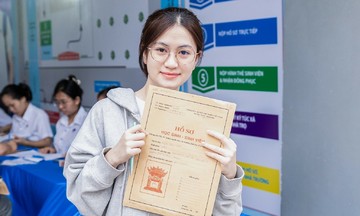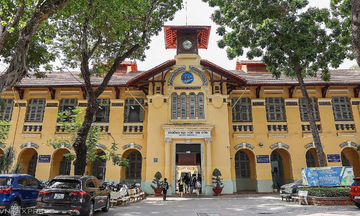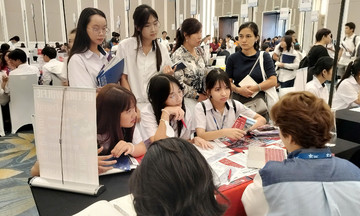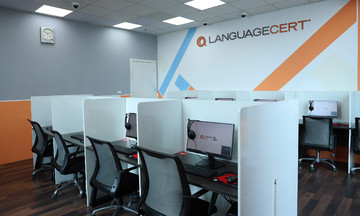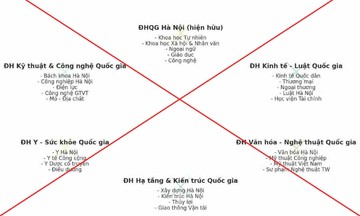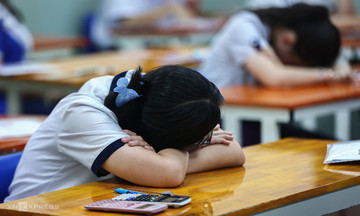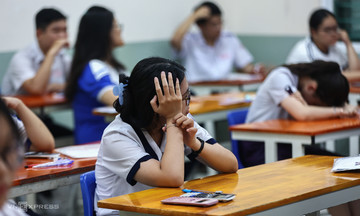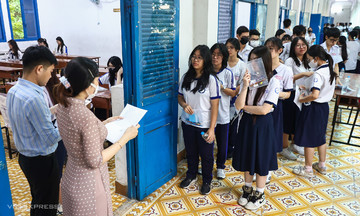The Ministry of Education and Training revealed this information at a higher education conference on September 18th. The agency assessed the errors as "significantly impacting applicants' admission results."
Professor Nguyen Tien Thao, Director of the Higher Education Department, acknowledged that some universities were complacent, made data entry errors, or did not correctly implement regulations regarding admissions criteria (subject combinations, entry thresholds, and additional criteria).
Despite this, Thao confirmed that all errors have been addressed, and affected students have been admitted to their desired programs, ensuring their rights. Minister Nguyen Kim Son also emphasized that these errors did not affect the overall admission outcomes.
Regarding general issues in this year's university admissions, Thao noted that many universities used multiple admission methods and subject combinations for the same program without ensuring comparable evaluations of student abilities. This led to difficulties in establishing admission score conversion rules.
In addition, some universities excessively awarded bonus points and priority points, resulting in unreasonably high benchmarks for certain programs. However, Thao did not elaborate on specific examples.
Admission benchmarks for over 200 universities - 2025 university tuition fees
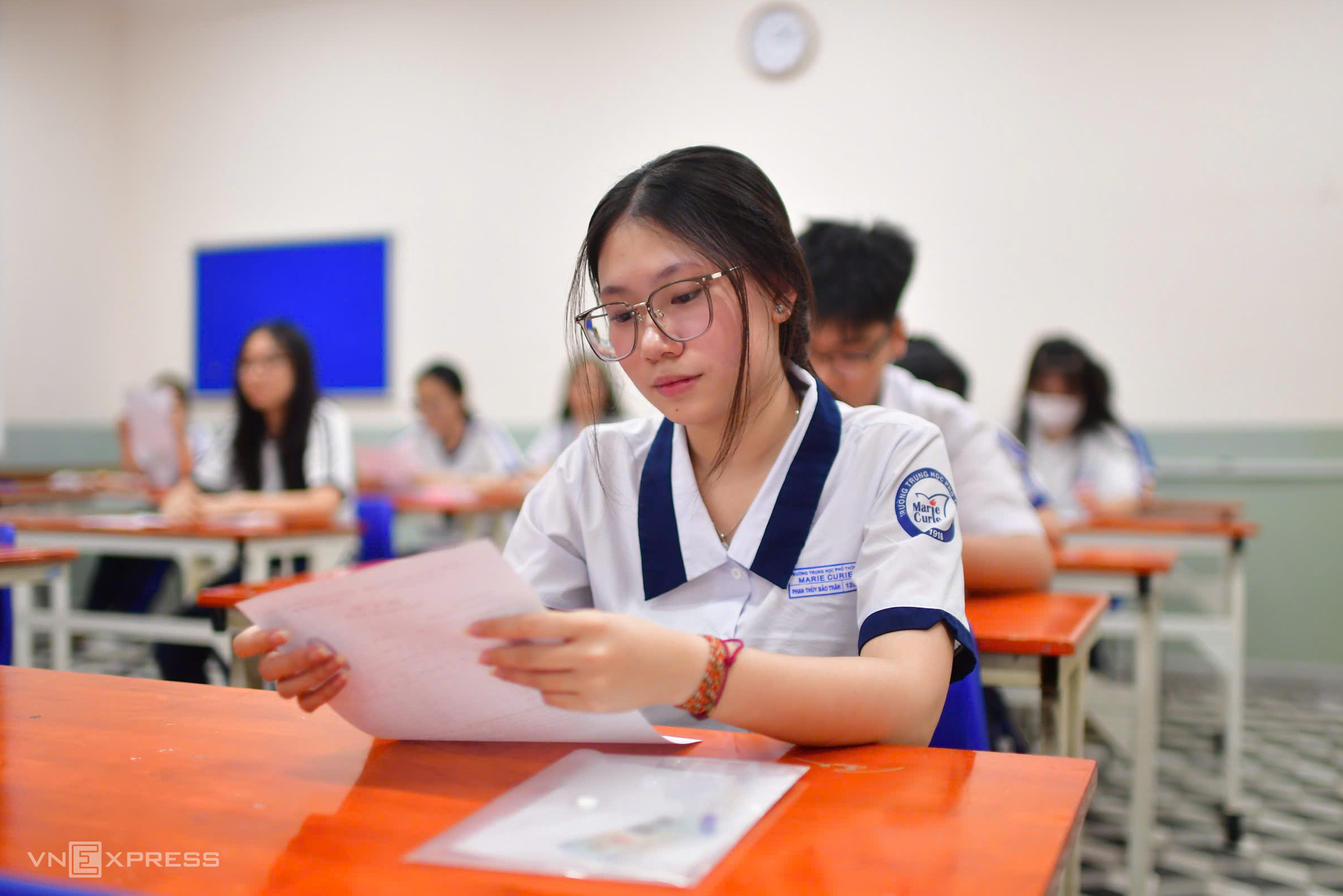 |
High school graduation exam candidates in 2025 in TP HCM. Photo: Thanh Tung |
High school graduation exam candidates in 2025 in TP HCM. Photo: Thanh Tung
At the end of August, after universities announced their admission scores, numerous applicants were confused as their admission status changed, at institutions like Ho Chi Minh City University of Transport, Ho Chi Minh City Banking University, Ho Chi Minh City University of Education, and Foreign Trade University.
Some students who met the requirements for higher preferences and received university confirmation were listed in the Ministry's system as admitted to lower preferences. Others who failed their 1st choice were still listed as admitted and had subsequent choices locked.
The Ministry acknowledged similar cases but asserted that the number of errors decreased significantly compared to previous years.
In 2025, approximately 852,000 students applied for university and college admissions. Of these, over 773,200 were admitted, but only nearly 625,500 enrolled. University admission benchmarks ranged from 13 to 30, with an average of 19.11, a decrease of 3 points compared to last year.
In a general assessment of the admissions process, the Ministry stated that the issues have been resolved.
"The entire admissions process was transparent, minimizing unreasonable discrepancies in admission scores between different methods and subject combinations for the same program at the same university," the Ministry's report stated.
Duong Tam





